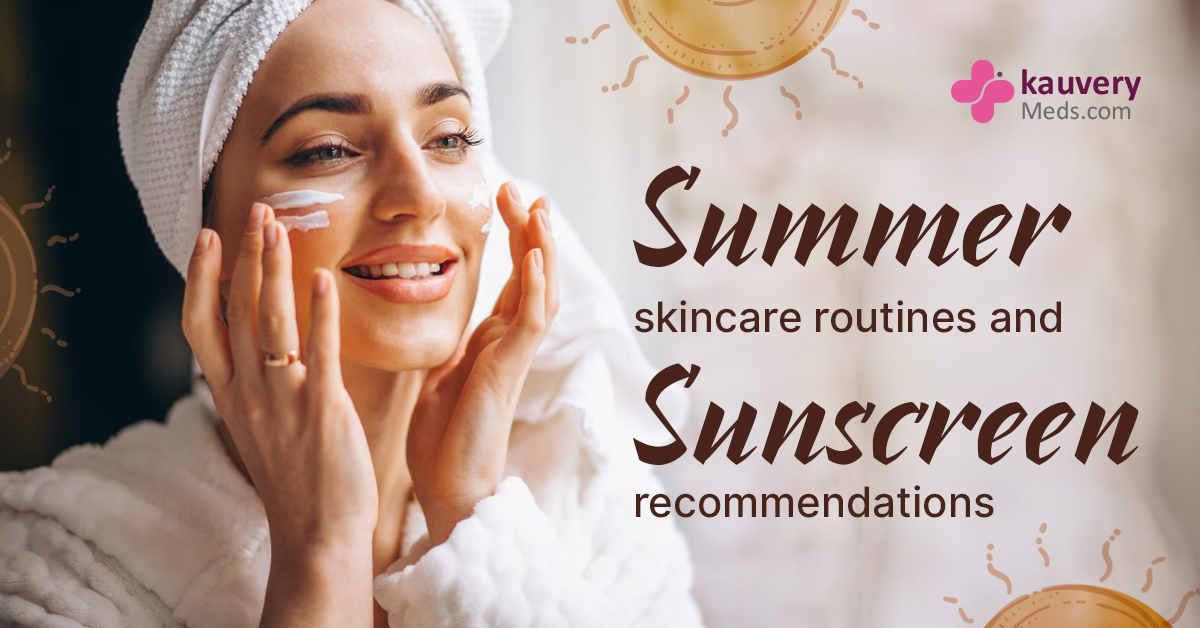Summer Skincare Routines and Sunscreen Recommendations
Mar 25, 2024
Summer Skincare: Keeping Your Skin Healthy and Protected Under the Sun
Introduction:
As the temperatures rise and the days grow longer, it is essential to adjust our skincare routines to keep our skin healthy and protected during the summer months. With increased sun exposure and higher humidity levels, our skin requires extra care and attention to prevent sun damage, dehydration, and breakouts. In this blog, we'll explore effective summer skincare routines and sunscreen recommendations tailored for teens, ensuring a radiant and healthy complexion all season long.
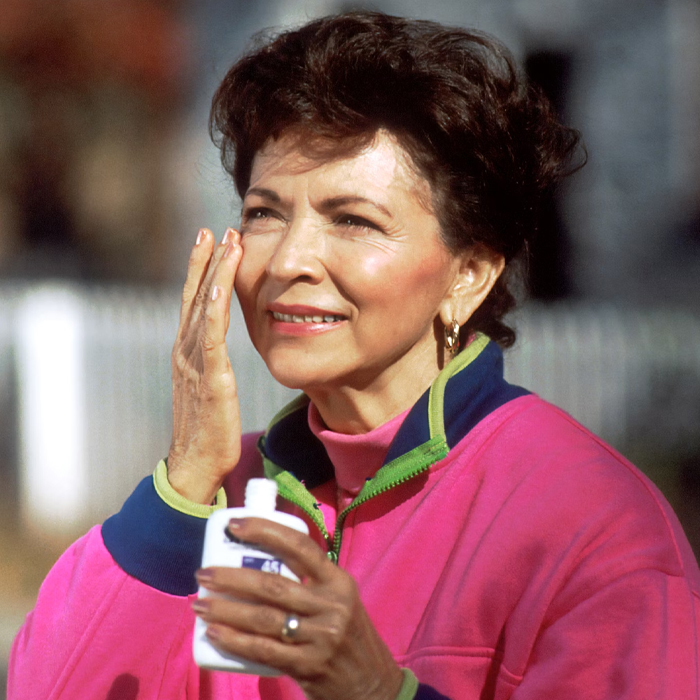
1. Understanding Summer Skin Challenges:
During the summer, our skin faces unique challenges due to increased sun exposure, higher humidity levels, and environmental pollutants. UV rays from the sun can cause sunburn, premature ageing, and even skin cancer if not properly protected. Additionally, sweat and excess oil production can lead to clogged pores and breakouts, making it essential to adopt a summer skincare routine that addresses these concerns.
2. Cleansing and Exfoliating:
Start your summer skincare routine by cleansing your skin twice a day with a gentle cleanser suitable for your skin type. Cleansing helps remove dirt, oil, and impurities that can accumulate on the skin's surface, preventing breakouts and keeping your skin clean and fresh. Additionally, incorporate exfoliation into your routine 2-3 times a week to remove dead skin cells and promote cell turnover, revealing a smoother and brighter complexion.
3. Hydration and Moisturization:
Hydration is key to maintaining healthy and radiant skin during the summer months. Opt for lightweight and oil-free moisturizers that provide hydration without clogging pores or feeling heavy on the skin. Look for moisturizers containing ingredients like hyaluronic acid and glycerin, which help attract and retain moisture, keeping your skin hydrated and plump. Don't forget to drink plenty of water throughout the day to stay hydrated from the inside out.
4. Sunscreen Protection:
One of the most crucial steps in any summer skincare routine is applying sunscreen daily. Choose a broad-spectrum sunscreen with SPF 30 or higher to protect your skin from both UVA and UVB rays. Apply sunscreen generously to all exposed areas of your skin, including your face, neck, arms, and legs, at least 15 minutes before sun exposure. Reapply sunscreen every two hours, or more frequently if swimming or sweating, to ensure continuous protection throughout the day.
5. Sun Protection Accessories:
In addition to sunscreen, consider incorporating sun protection accessories into your summer skincare routine. Wear wide-brimmed hats to shield your face and neck from the sun's rays, and don a pair of UV-protective sunglasses to protect your eyes and delicate eye area. Lightweight and breathable clothing with UPF (Ultraviolet Protection Factor) can also provide added protection against harmful UV radiation while keeping you cool and comfortable.
6. Avoiding Peak Sun Hours:
To minimize sun damage and reduce the risk of sunburn, it's essential to avoid prolonged exposure to the sun during peak hours, typically between 10 a.m. and 4 p.m. If possible, plan outdoor activities for the early morning or late afternoon when the sun's rays are less intense. Seek shade whenever possible, especially during midday hours, to give your skin a break from direct sunlight.
7. Post-Sun Care:
After spending time in the sun, be sure to provide your skin with the necessary post-sun care to soothe and replenish moisture. Take a cool shower to remove sunscreen, sweat, and chlorine from your skin, and apply a hydrating aftersun lotion or gel to soothe sun-exposed areas. Look for products containing ingredients like aloe vera and cucumber to calm inflammation and hydrate the skin, helping to prevent peeling and prolong your tan.
8. Treating and Preventing Breakouts:
Summer heat and humidity can exacerbate acne and breakouts, making it essential to incorporate acne-fighting ingredients into your skincare routine. Look for products containing salicylic acid or benzoyl peroxide to help unclog pores, reduce inflammation, and prevent future breakouts. Additionally, avoid heavy or occlusive skincare products that can trap sweat and bacteria on the skin, leading to further breakouts and irritation.
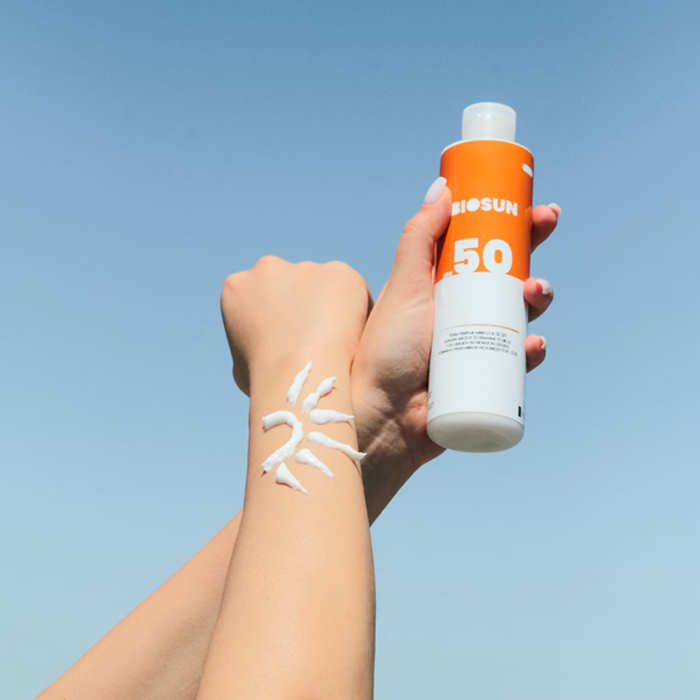
Sunscreen Essentials: Choosing the Right Protection for Your Skin
Sunscreen is a vital component of any skincare routine, especially during the summer months when sun exposure is at its peak. However, with so many options available on the market, finding the right sunscreen can be overwhelming. In this blog, we'll explore the importance of sunscreen, key factors to consider when choosing a sunscreen, and recommendations for different skin types and activities.
Understanding Sunscreen:
Sunscreen is a topical product that helps protect the skin from the harmful effects of ultraviolet (UV) radiation emitted by the sun. There are two main types of UV radiation that can damage the skin: UVA and UVB rays. UVA rays can cause premature ageing and contribute to skin cancer, while UVB rays are primarily responsible for sunburn. A broad-spectrum sunscreen protects against both UVA and UVB rays, reducing the risk of sun damage and skin cancer.
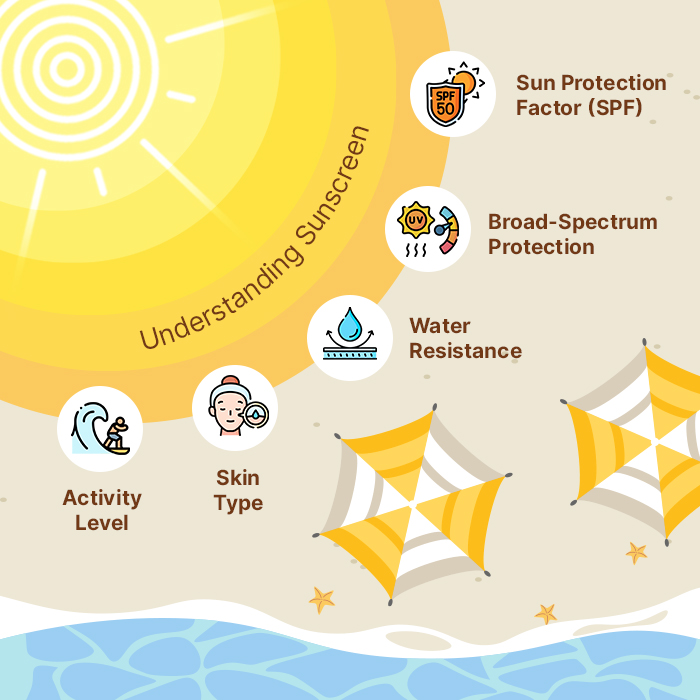
Factors to Consider When Choosing Sunscreen:
When selecting a sunscreen, there are several factors to consider to ensure you're getting adequate protection for your skin type and lifestyle:
1. Sun Protection Factor (SPF): SPF measures the level of protection against UVB rays. Higher SPF numbers indicate greater protection. It's recommended to use sunscreen with SPF 30 or higher for daily use and reapply every two hours, especially when outdoors.
2. Broad-Spectrum Protection: Look for sunscreens labelled as "broad-spectrum," which means they provide protection against both UVA and UVB rays.
3. Water Resistance: If you'll be swimming or sweating, choose a water-resistant sunscreen that maintains its effectiveness for up to 40 or 80 minutes of water exposure.
4. Skin Type: Consider your skin type when selecting a sunscreen. If you have oily or acne-prone skin, opt for oil-free or non-comedogenic formulas. For sensitive skin, choose sunscreens with gentle, fragrance-free ingredients.
5. Activity Level: If you'll be engaging in outdoor activities or sports, select a sunscreen designed for active lifestyles, which tends to be more resistant to sweat and rubbing.
Sunscreen Recommendations:
Here are some sunscreen recommendations tailored to different skin types and activities:
1. Everyday Protection: For daily use, choose a lightweight, non-greasy sunscreen that blends seamlessly into the skin. Look for formulas with added skincare benefits like antioxidants or moisturising ingredients.
2. Sensitive Skin: For sensitive skin, opt for mineral-based sunscreens containing zinc oxide or titanium dioxide, which are less likely to irritate.
3. Water Sports: If you'll be swimming or participating in water activities, choose a water-resistant sunscreen with a high SPF.
4. Outdoor Adventures: For extended periods of outdoor exposure, consider a sunscreen designed for active lifestyles.
Conclusion:
Protecting your skin from the sun's harmful rays is essential for maintaining healthy, youthful-looking skin and reducing the risk of skin cancer. By choosing a sunscreen that suits your skin type and lifestyle, you can enjoy the outdoors safely and confidently all year round. Remember to apply sunscreen generously and reapply regularly, especially when spending time outdoors. With the right sunscreen protection, you can enjoy fun in the sun while keeping your skin healthy and protected.
Recent Post

Why Should You Book Lab Tests Online?
_(1)_CAT_1640504567.jpg)
ஸ்மார்ட் போன்களால் ஏற்படும் பிரச்சனைகள்

Type 2 Diabetes Mellitus
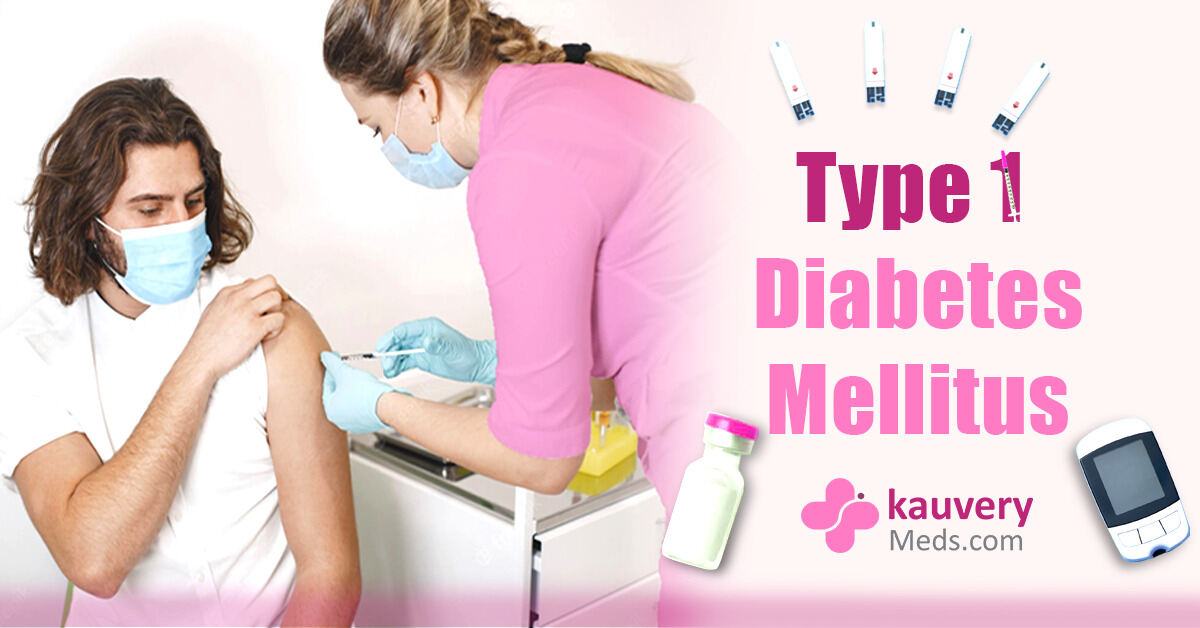
Type 1 Diabetes Mellitus
_CAT_1684759383.jpg)
Tooth Cavities

Understanding Diabetes: Fasting and Other Essential Sugar Tests

Top 10 Essential Skincare Tips for Healthy and Glowing Skin

5-Minute Skincare Routine for Oily Skin

5-Minute Skincare Routine for Dry Skin
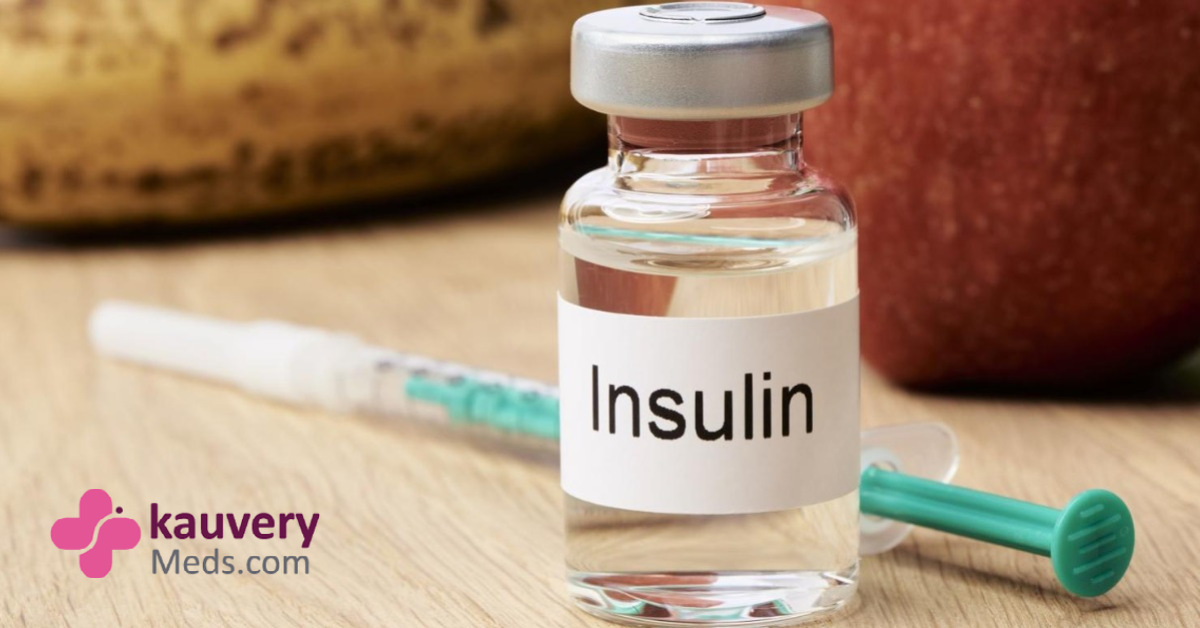
நமது வாழ்க்கையில் இன்சுலினின் பங்கு

